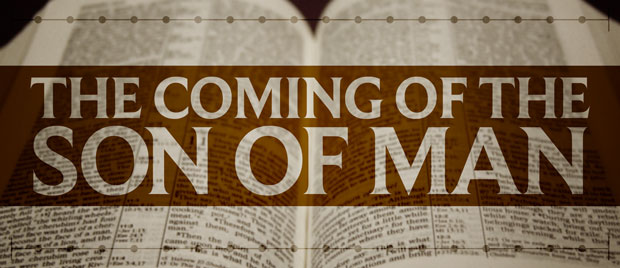Right before Jesus was arrested, he issued a bold prediction from the same location the “Egyptian” rallied his prophetic movement: the Mount of Olives (Matthew 24:3). He told his disciples, as they admired the grandeur of the Temple, that trouble was coming. They would suffer great persecution because of their allegiance to him. Armies would invade Jerusalem. The magnificent Temple would crumble (Matthew 24:2; Luke 21:20-24). And in the midst of chaos as people fled for their lives in Judea, prophetic hopes would be fulfilled.
First-century Israel had a line of would-be Messiahs making predictions. The Jewish historian Josephus recalls how “Impostors and demagogues, under the guise of divine inspiration, provoked revolutionary actions and drove the masses to act like madmen. They led them out into the wilderness so that God would show them signs of imminent liberation” (Jewish Wars 2.259). Their plans didn’t always work so well.
Theudas the magician called himself “a prophet” and led a group of followers to the Jordan River. He promised to divide the river as a sign of Israel’s restoration to greatness (based on Isaiah 51:10-11). It didn’t go as planned. He only succeeded in getting his head cut off by the Romans (Josephus, Antiquities 20.97-98).
A man nicknamed “the Egyptian” led a Jewish mob up the Mount of Olives with a promise to fulfill Zechariah 14. But instead of an earthquake splitting the city and God’s army defeating foreign invaders, the Romans cut the mob down.
Roman swords often cut short the hopes of long-awaited redemption. Theudas couldn’t kickstart Isaiah’s prophecy nor could “the Egyptian” fulfill Zechariah’s vision.
Why does it matter? Because Jesus spoke into that world. His predictions of coming redemption were equally rooted in Jewish prophecy and tied to contemporary political affairs. We must listen to him in that context.







 RSS Feed
RSS Feed
